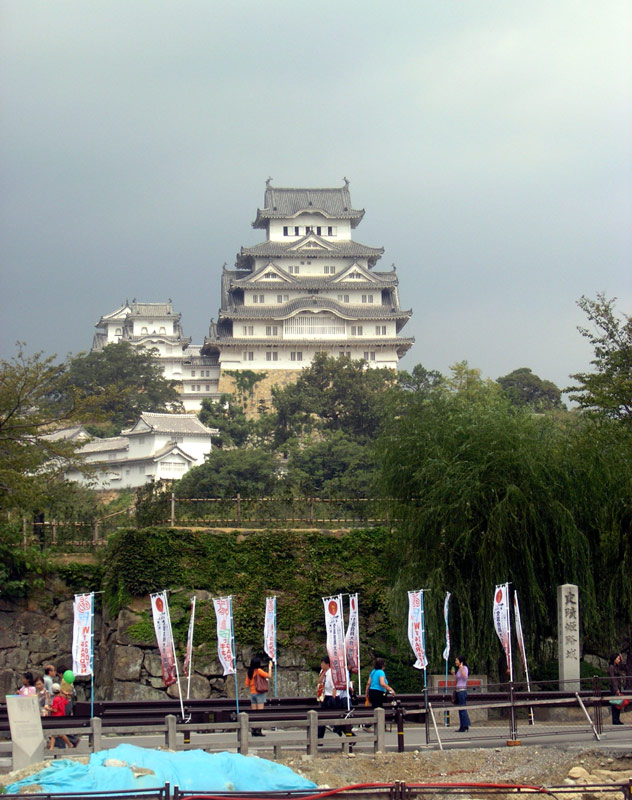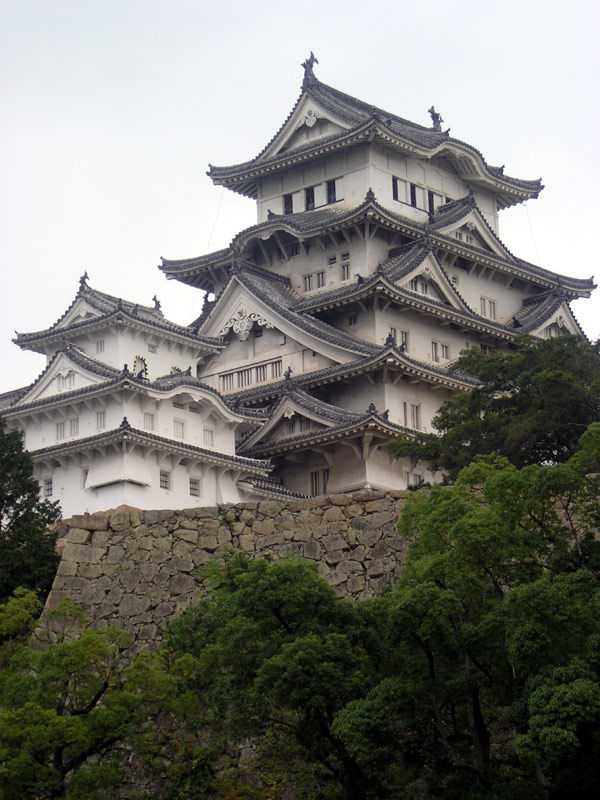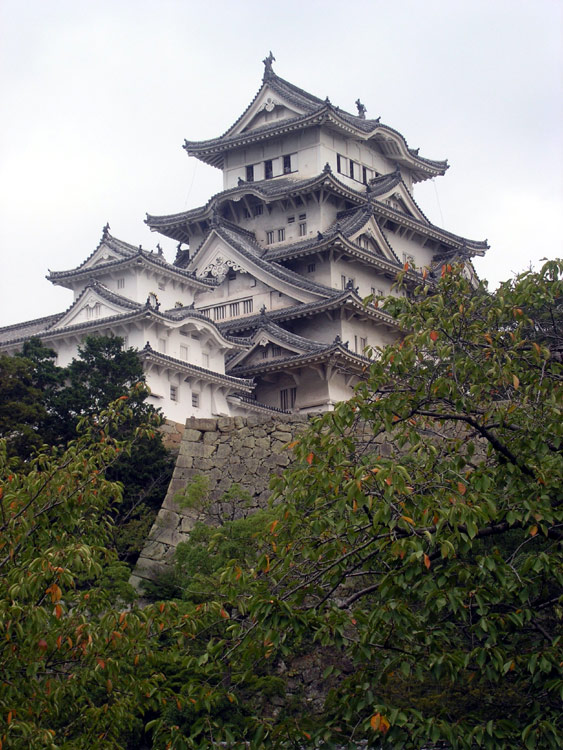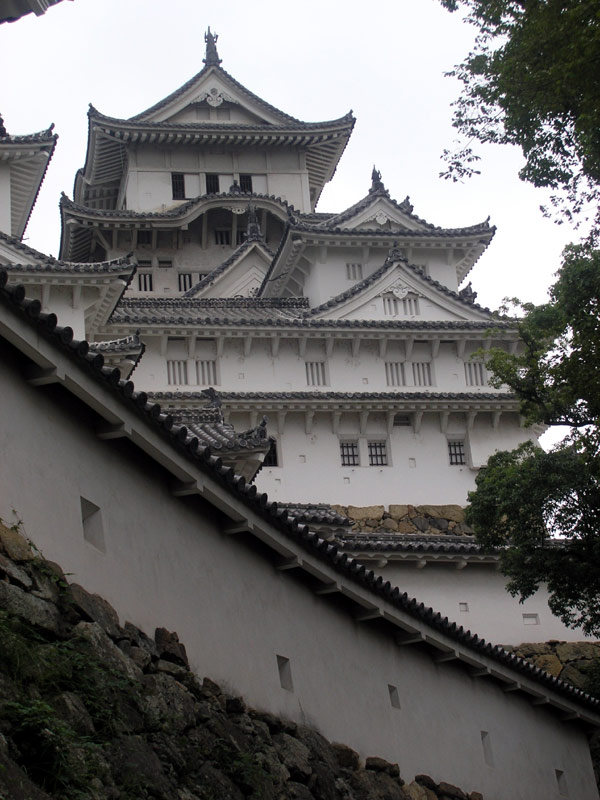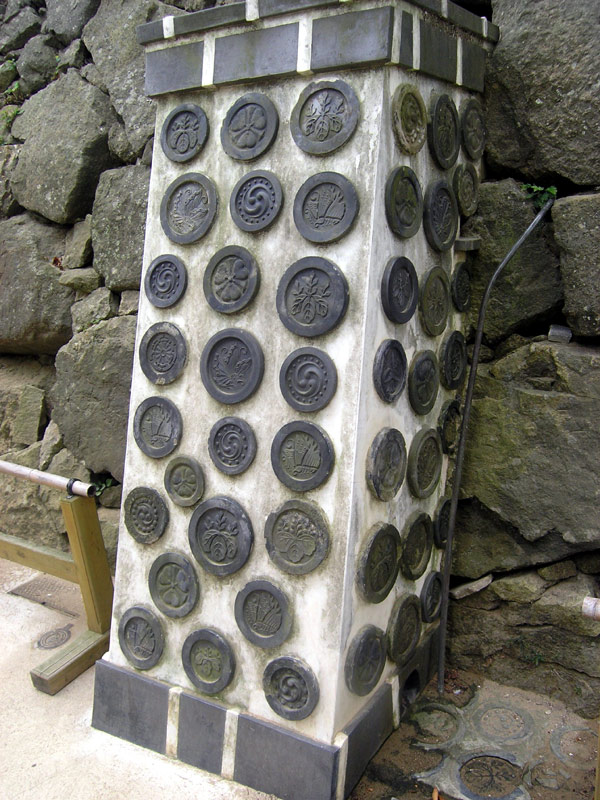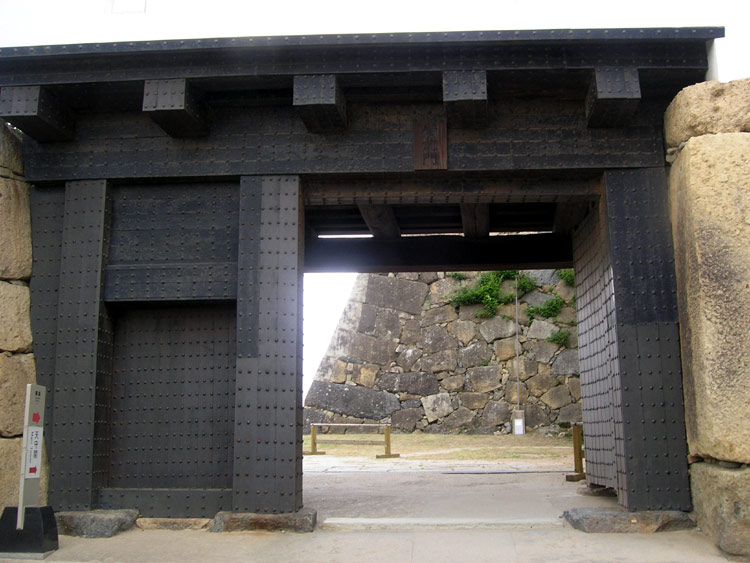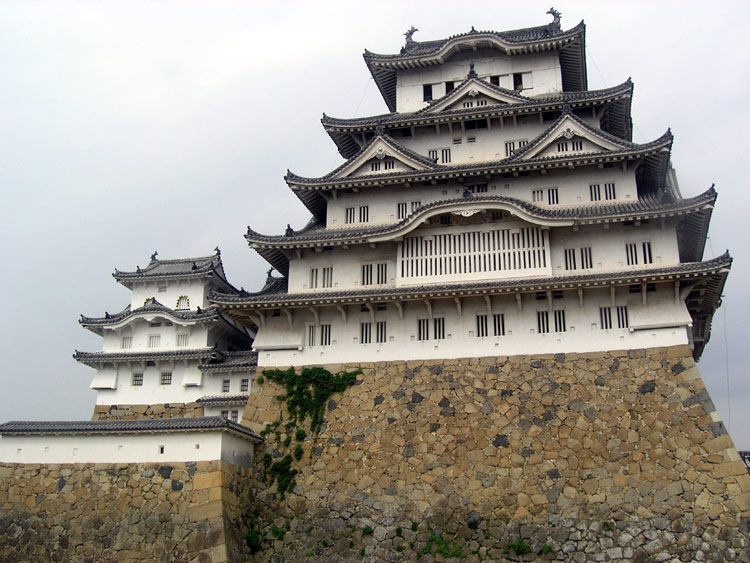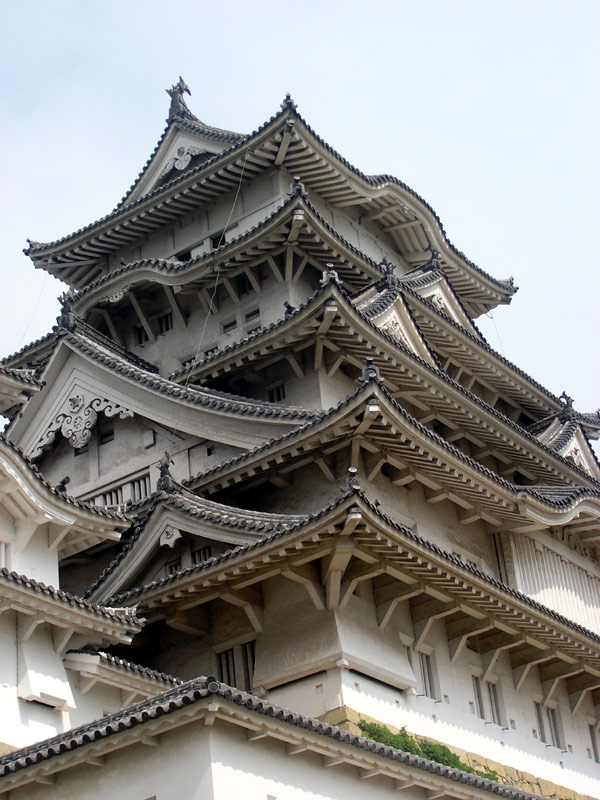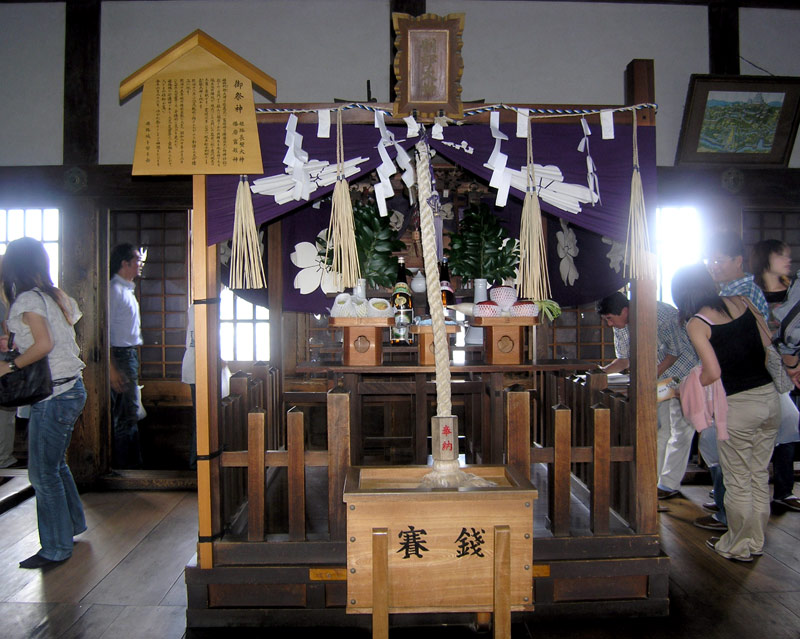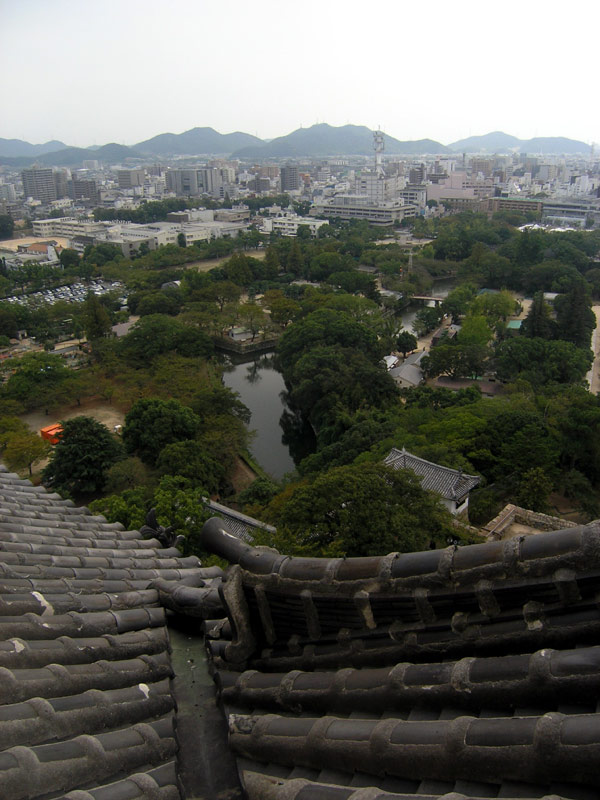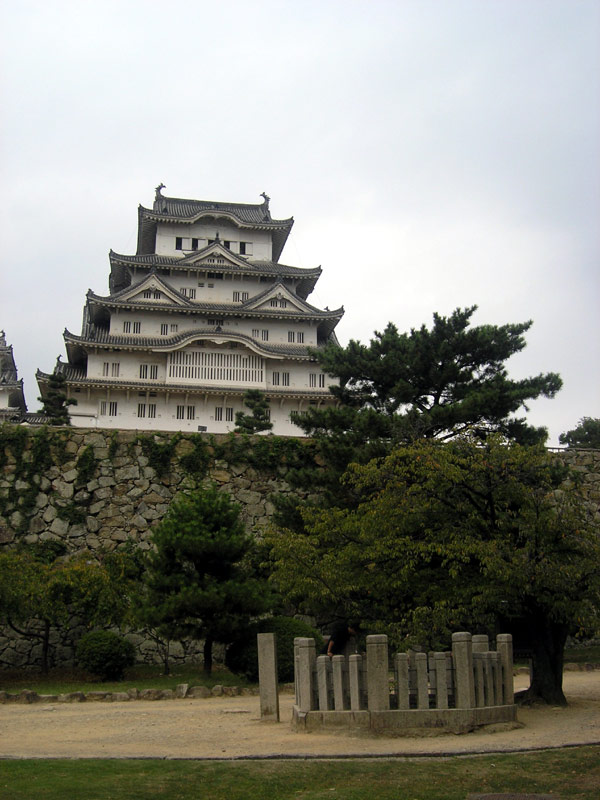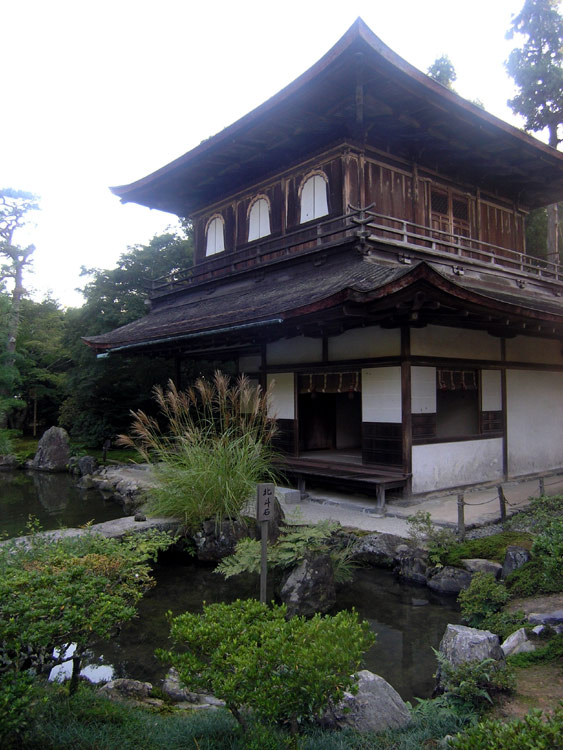
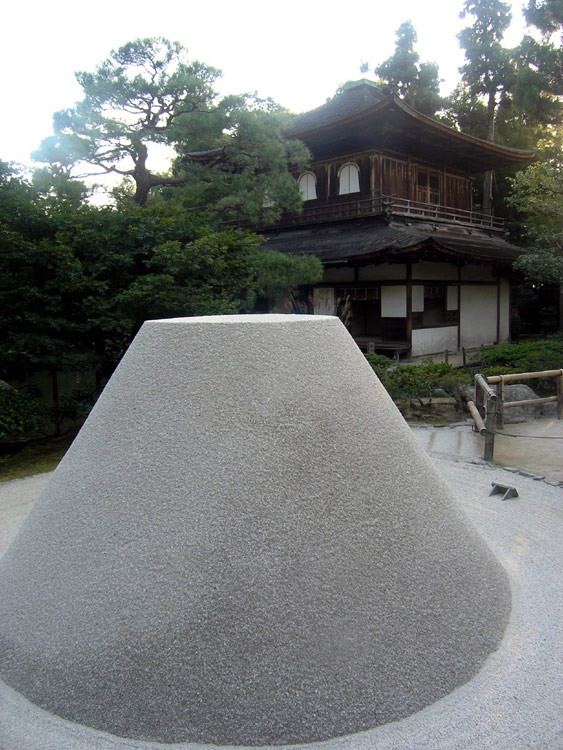
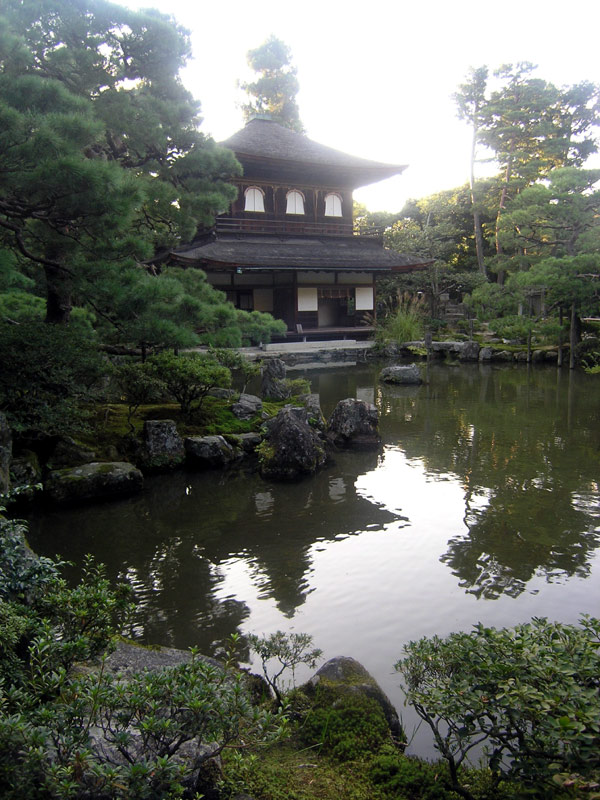
From http://www.sacred-destinations.com/japan/kyoto-other-attractions.htm:
The Philosopher's Walk is the name given to a 2km-long path through north-eastern Kyoto, along which a philosophy professor, Kitaro Nishida, used to frequently walk. It is a surprisingly pleasant and relaxing walk even today, though you will undoubtedly share it with more tourists than Kitaro did. The walk runs south from Ginkakuji Temple beside a river to Nyakuoji Shrine. Many guidebooks say the walk continues further south rom there to Nanzenji Temple, but this southerly section of the walk is less clearly signposted. The route passes several temples en route, notably Honen-in, a beautiful secluded temple with a thatched gate.


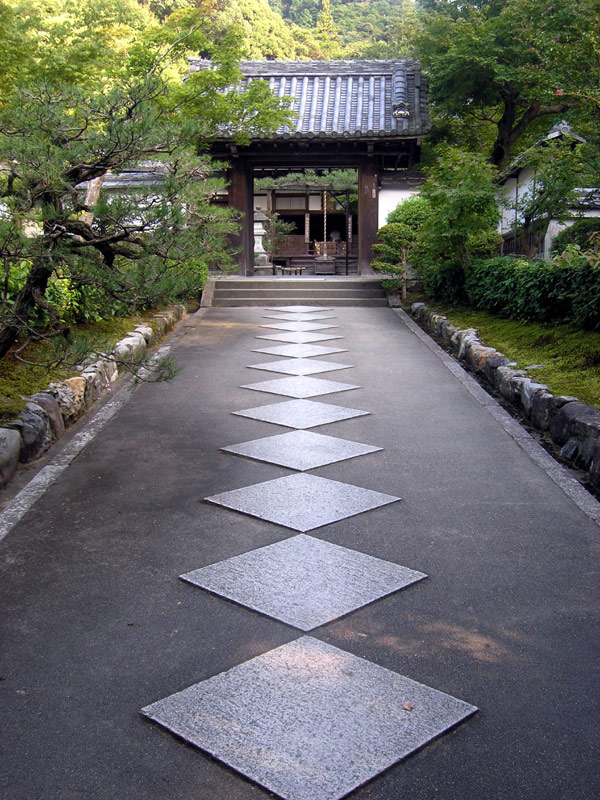
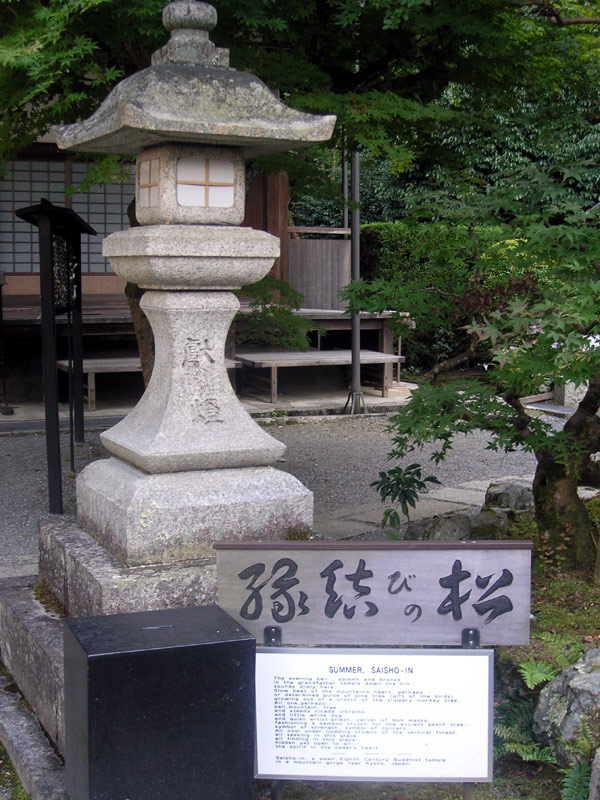
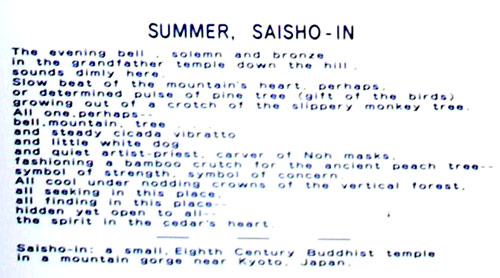
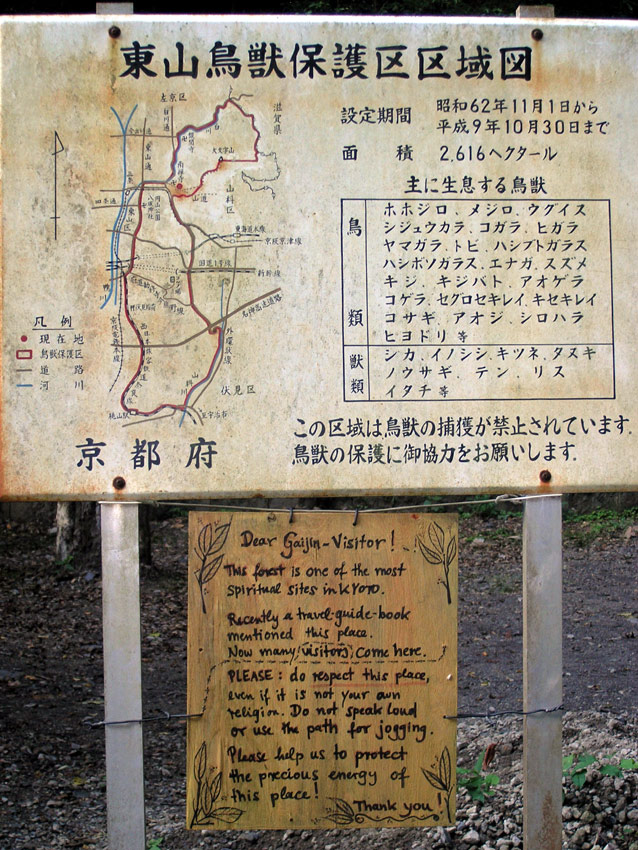
Gaijin and gaikokujin are Japanese words meaning "foreigner". The words can refer to nationality or ethnicity. The word is often the subject of debate as to its appropriateness, particularly in its shortened form.The word gaijin is of ancient provenance and the first recorded use can be traced back to Heike Monogatari, written early in the 13th century, where it was used to refer to a person who should be regarded as an enemy. Another early reference is in Renri Hisho (c. 1349) by Nijo Yoshimoto, where it is used to refer to a (Japanese) person who is a stranger, not a friend.
While all forms of the word mean "foreigner", in practice gaikokujin and gaijin are mainly used to refer to non-East Asians, while people from China Chugokujin ("Chinese person") or Korea Kankokujin ("South Korean person") are usually referred to by their country of origin. Similar practice can be seen in most countries where the closer the ethnicity (such as Irish in Britain), the more likely it is to use country specific-reference than to use an all-encompassing expression for non-natives. Now that gaijin has become somewhat politically incorrect, it is common to refer to non-East Asian non-Japanese as gaikokujin while more culturaly similar Taiwanese, Chinese, and South and North Koreans are referred to as Taiwanjin, Chugokujin, and Kankokujin and (Kita) Chosenjin, respectively.
Due to its long history and its multiple meanings, the use of the word gaijin is often a source of controversy. Calling foreigners "enemies", as implied by the meaning used in Heike Monogatari, would clearly be offensive, while merely abbreviating the longer formal term gaikokujin would not be. Both sides agree that the ancient meanings of gaijin as simply (non-foreign) "outsider" or "enemy" are obsolete and not used in modern Japanese. Those who think gaijin is non-offensive argue that the current word is purely a contraction and that these meanings have been lost entirely, while others argue that the original pejorative connotation is still attached to the modern meaning of the word.
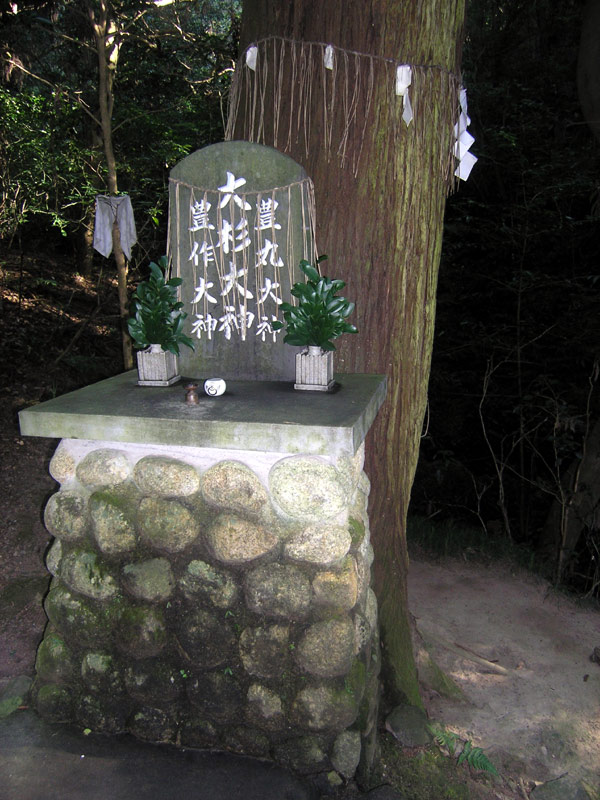
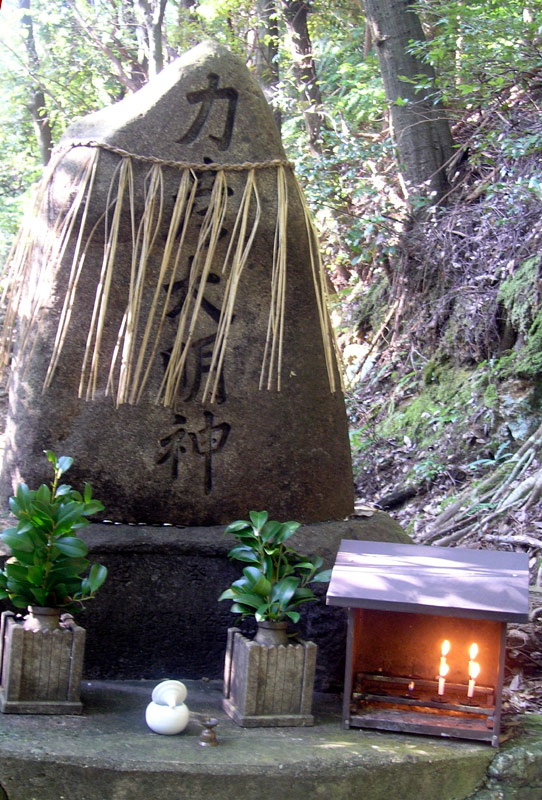
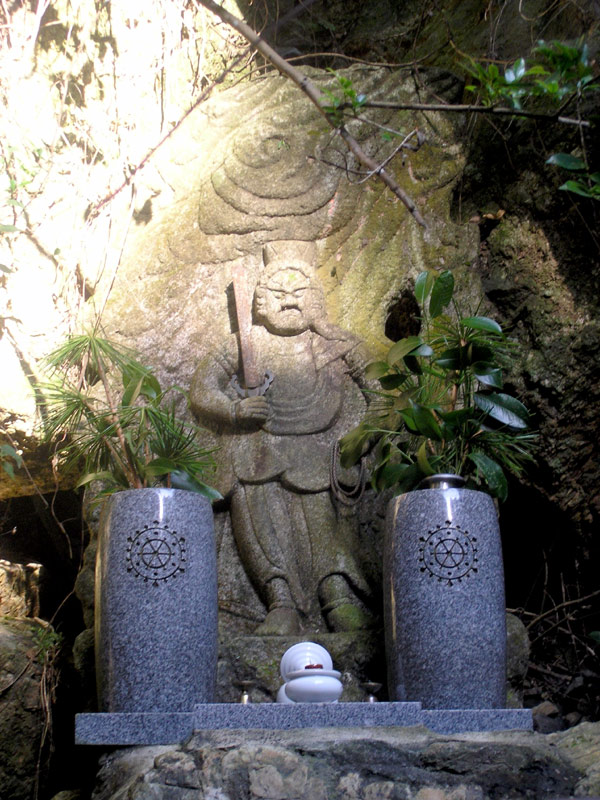
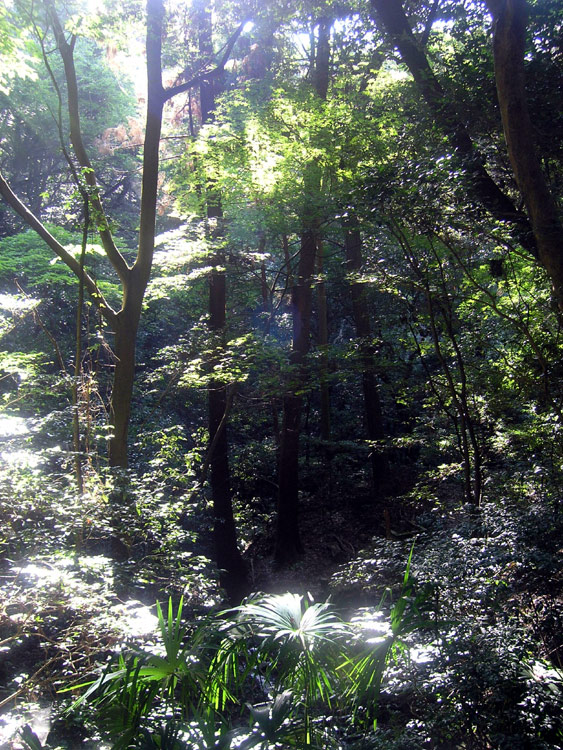
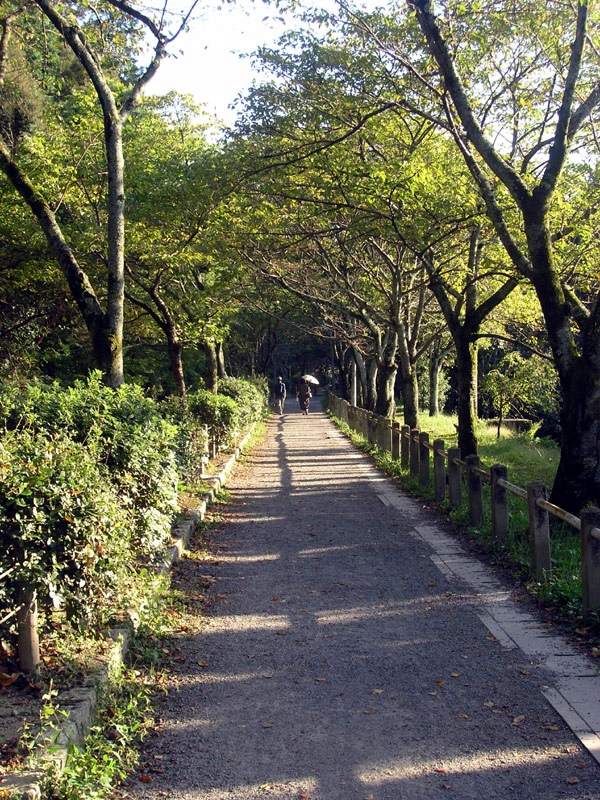
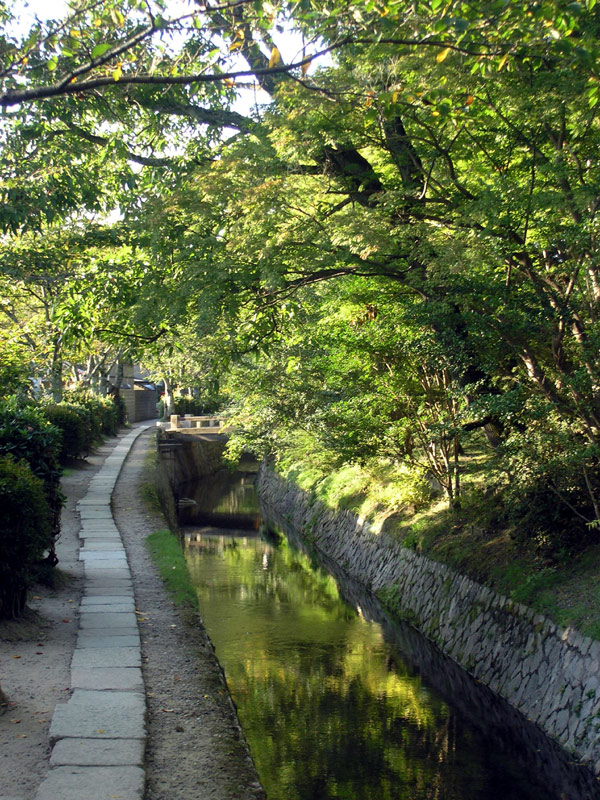



Halloween masks. Jarl liked the mixture of characters here:
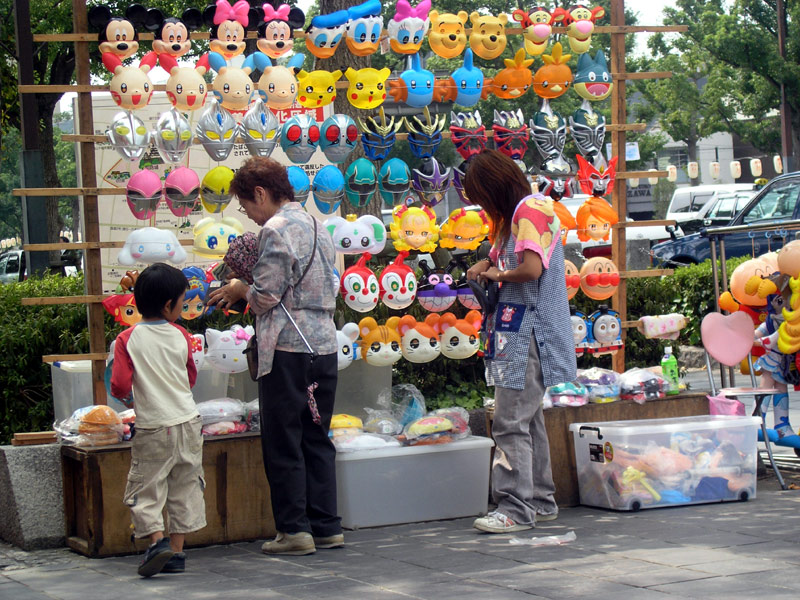
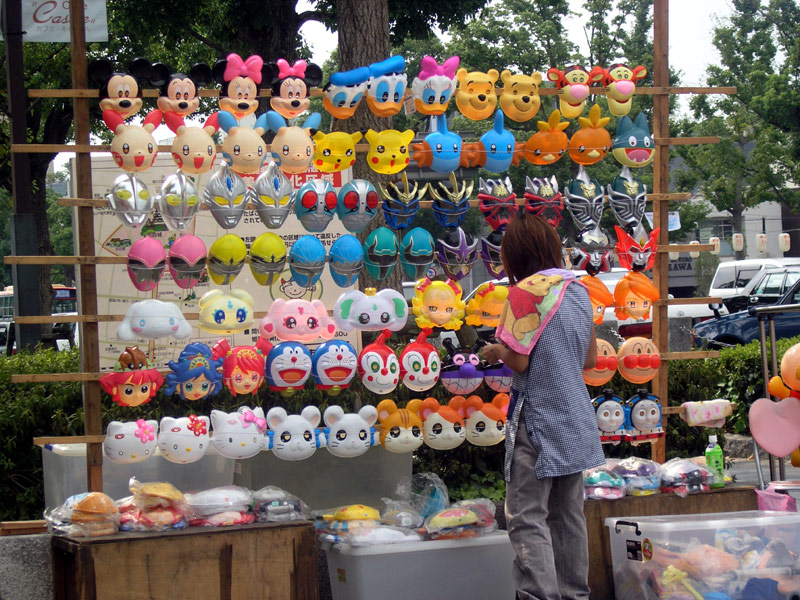
Himeji Castle
http://www.columbia.edu/itc/ealac/V3613/himeji/tpage.htm
